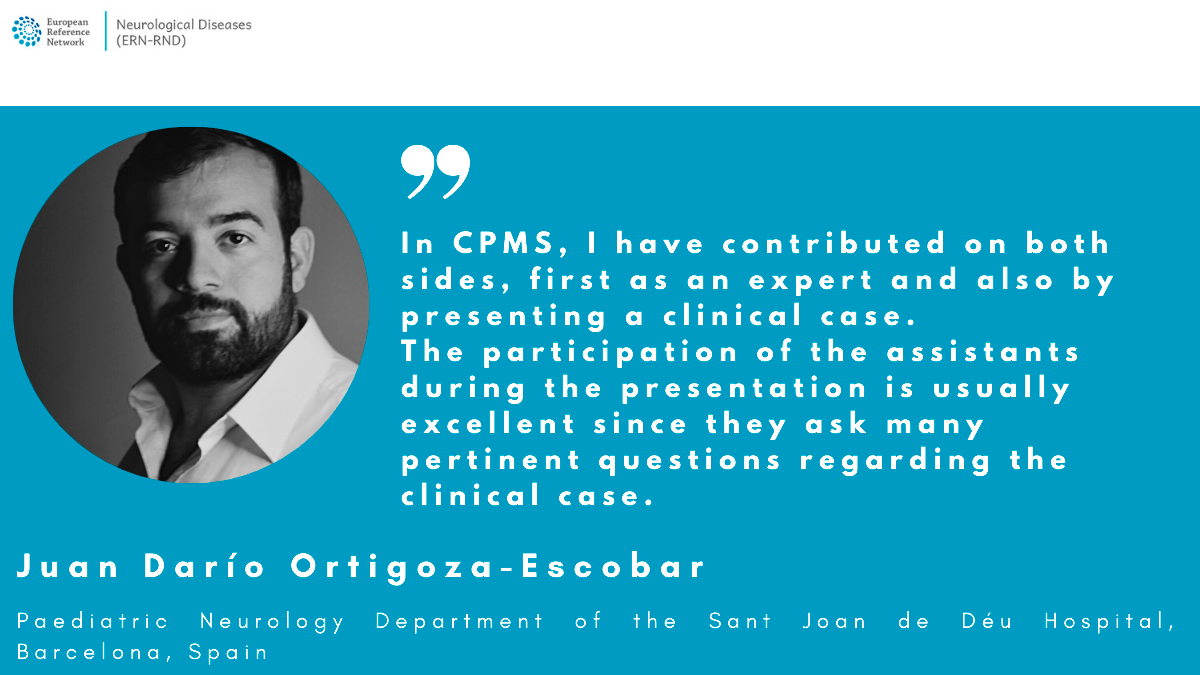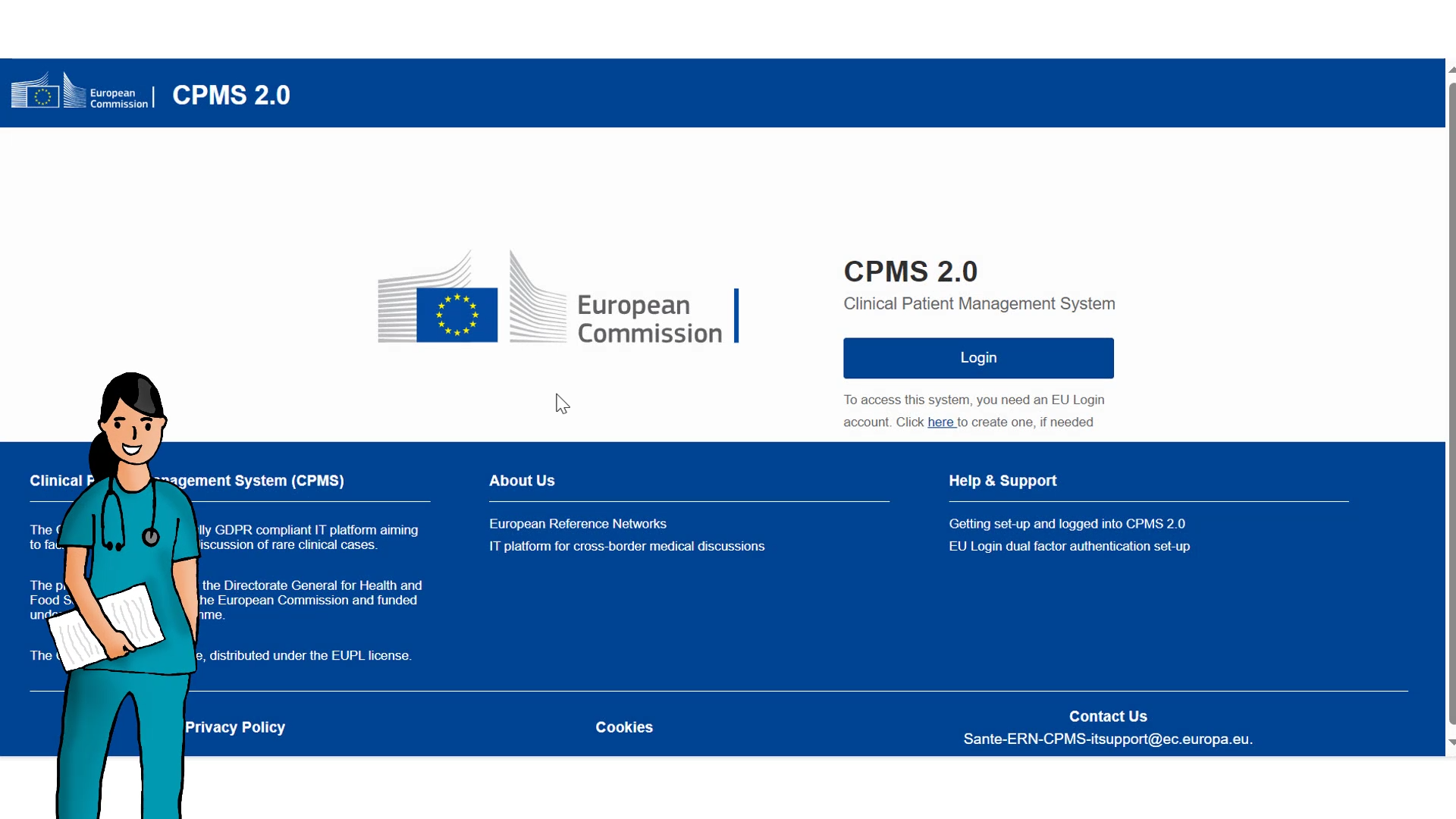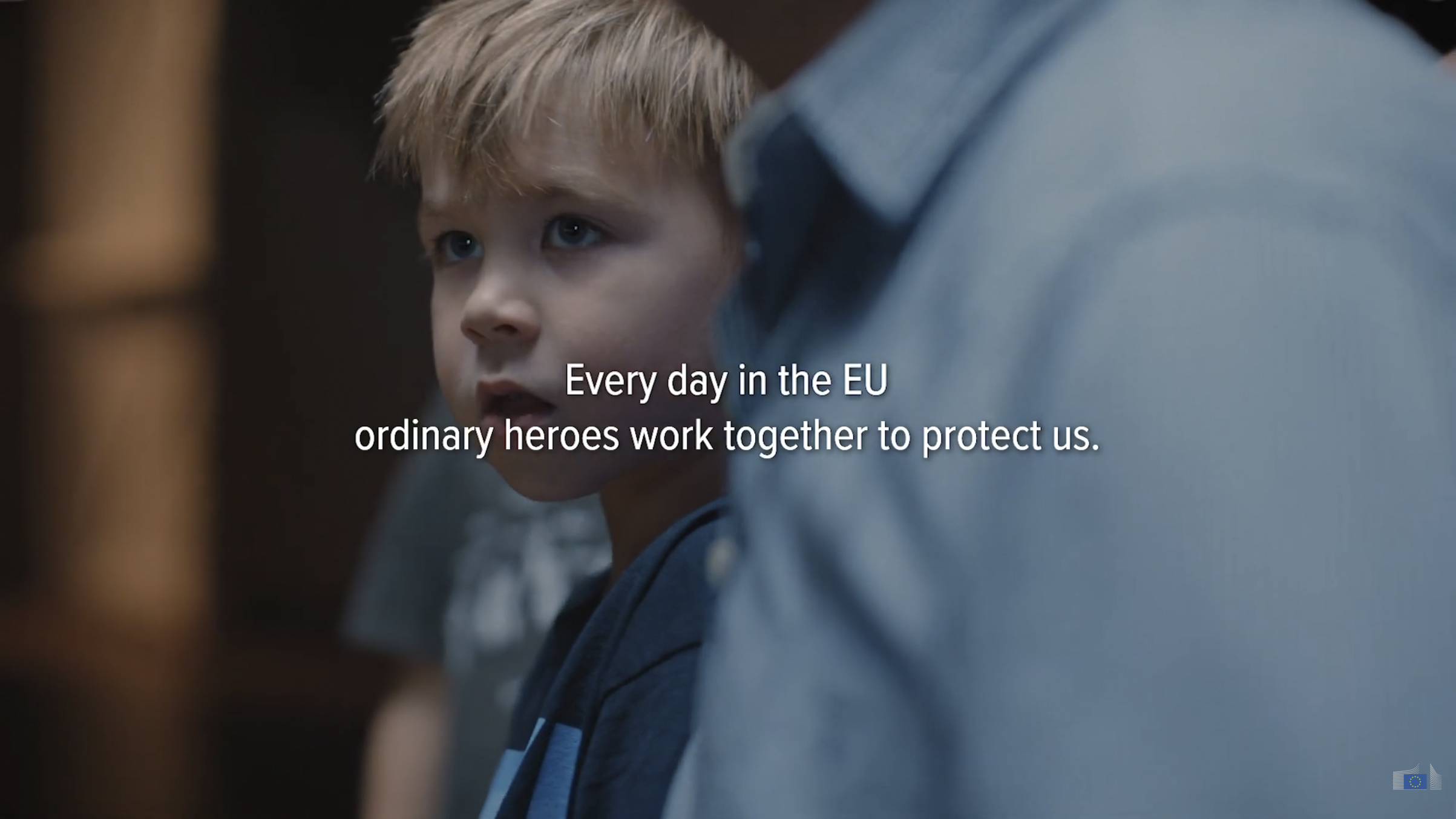In order to exchange opinions on complex and rare cases, clinicians from ERN member hospitals can gather in multidisciplinary expert panels, viewing and discussing a given case online. Bundling knowledge and experiences and consequently lowering the need for patients to travel is an essential goal of the ERNs.
The tool to conduct online discussions in a secure manner is the CPMS 2.0 (Clinical Patient Management System).
Any case that falls within the disease scope of ERN-RND can be discussed within suitable expert panels in CPMS 2.0. In addition, we cooperate with the MLD initiative to help clinicians with difficult treatment decisions for MLD patients via a structured discussion process (MLD treatment eligibility panels).

What is CPMS 2.0?
The CPMS 2.0 enables case discussions for multidisciplinary expert panels.
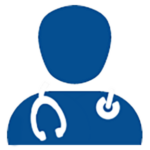
Who can use it?
Clinicians affiliated with an ERN hospital or clinicans reffering their patients to ERN hospitals
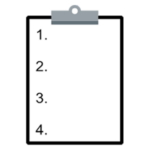
How to use it?
Follow our best practice instructions, user guide
or obtain training for the perfect user experience.

CPMS Helpdesk
For support in using CPMS 2.0 or to receive training, get in touch with ERN-RND’s CPMS Helpdesk.
What is the CPMS 2.0?
The CPMS 2.0 is a secure IT platform used to support the European Reference Networks in the diagnosis and treatment of rare or low prevalence complex diseases across national borders.
Health professionals can upload relevant patient data, images and examination findings as well as discuss the case in the panel of experts.
For this purpose, CPMS 2.0 includes a consultation form with an adapted data structure, integrated DICOM viewer and a video conferencing tool. This enables the description of a patient case in a comprehensive manner.
By providing a structured and safe environment to exchange opinions, CPMS 2.0 facilitates and intensifies the collaboration between expert centres within the European Reference Networks.
If due to a particularity of a certain patient case, additional expertise is needed that is not available in the given ERN, the referring clinican or the CPMS Helpdesk can invite individual experts from other ERNs to participate to a scheduled online discussion or to give their opinion, if they deem that this can be of added value.
In the near future, rare disease care pathways will be implemented at the regional or national level. These pathways will regulate which patients will be discussed in CPMS 2.0 (gatekeeping function).
This short video here illustrates the goal and the added value of using the CPMS 2.0.
Who can use it?
You are a clinician working in a hospital member of an ERN:
Clinicians working in ERN Full Member and Associated Partner hospitals can have direct access to the CPMS 2.0. Please follow the instructions given in the section. – „How to use it / best practise?“.
You are a clinician working in a EU/EEA hospital non-member of an ERN:
You can refer your patient to the relevant ERN member hospital so that (s)he can get access to the ERN-RND expertise or request a CPMS 2.0 guest access.
Examples of guest users are:
- The ‘Point of Care specialist’ (treating doctor) of a patient referred to the CPMS 2.0
- Health professionals who need to upload patient data to a panel in agreement with an ERN Member or Affiliated Partner;
- Health professionals who are needed on a case by case basis, because of the clinical expertise they can bring to the specific consultation panel to which they are invited.
The CPMS 2.0 is not directly accessible to individual patients.
How to use it / best practice
Follow these instructions if you are a clinician from an ERN-RND member hospital; non-member EU/EEA clinicians should contact CPMS Helpdesk first:
- Create an EU login account (if you do not have it yet)
- Configure the account for 2-factor authentication (if not already set up)
- Request access to the CPMS 2.0 system (sign-in automatically redirects to sign-up)
Learn how to use CPMS 2.0 either in an online training session, by reading the CPMS 2.0 User Guide (or CPMS 2.0 QuickGuide), or by watching the official Instruction video.
- Request online training by CPMS Helpdesk
- CPMS 2.0 User Guide
- CPMS 2.0 QuickGuide
- Instruction Video
While patient consent for discussion of a patient in CPMS 2.0 generally must be obtained, national and local (hospital-level) regulations apply.
Please refer to the information below and your hospital’s ERN-RND representative if unsure about local procedures.
Follow instructions in the CPMS 2.0 QuickStart guide in order to create a patient record for your case, upload all relevant medical data and open a new discussion for your patient.
Still unsure how to enter your patient’s case in CPMS 2.0? Contact CPMS Helpdesk for guided enrolment.
After you enrolled your case in CPMS 2.0, notify CPMS Helpdesk via Email.
Provide the following information:
- Type of expertise you would need, e.g. pediatrician, geneticist
- Recommend experts as panel members OR state if the CPMS Helpdesk should choose
- State your focus for the case discussion/outcome, e.g. advice on treatment options
- If you would like to discuss your case in a meeting: Propose suitable time slots
For best progress, we generally recommend to discuss RND cases in online meetings with the respective experts.
Following the case discussion, the treating clinician can pursue recommendation from the panel experts with their patient.
Optional: another case discussion to present the new results (with the same or other panel members)
After having successfully received expert advice, discussions within the patient record of CPMS 2.0 must be closed. CPMS Helpdesk can assist you with writing the conclusion comment. If you want to consult on this patient again to a later time point, you can easily re-open a new discussion for him/her.
CPMS 2.0 for ERN-RND highly specialized services
MLD Treatment eligibility panel
Treatment with hematopoietic stem cell transplantation or gene therapy is only beneficial in early disease stages of MLD. Determining which patients might benefit from treatment and which do not, can be difficult. Therefore, an international MLD treatment eligibility expert panel can be consulted, consisting of expert members of ERN-RND and the MLD initiative. When there is a need to discuss a case, the panel is convened on an ad hoc basis.
Cases eligible for discussion include patients with a confirmed diagnosis of MLD for whom possible benefits of treatment with hematopoietic stem cell transplantation or gene therapy are not straightforward. Also pre-symptomatic cases can be discussed.
All physicians in Europe are encouraged to discuss these cases with this panel. If you would like to discuss a case please contact the ERN-RND CPMS Helpdesk.
A detailed description of the procedure can be found in the standard operating procedure:
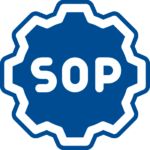
Conducted & aligned in cooperation with
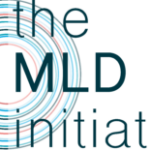
Learn more about newborn screening for MLD in this video interview:
Neuroradiology Expert Advice Panel
Neuroradiology expert advice for diagnostic and management decisions
ERN-RND has established a standard pathway for providing expert neuroradiological advice across sites.
Our ERN-RND member HCPs (and affiliated partners) are encouraged to contact us for any RND case for which they would like a second opinion as a basis for individual recommendations for diagnostic and management strategies to optimize patient care.
Possible scenarios for which clinicians might want to use this offer include (but are not limited to):
- Child with mild developmental delay: benign / onset of disease? -> cMRI: delayed brain maturation vs. (subtle) structural abnormalities
- Child with delay + subtle signs: acquired / genetic? -> cMRI: acquired disease, e.g. CMV infection / TORCH vs. likely genetic
- Acutely ill patients with suspected encephalopathy -> cMRI: secondary, e.g. infectious / para-infectious vs. metabolic / genetic
- Cerebellar syndrome with fast progression -> cMRI: secondary, e.g., cerebellitis vs. genetic
- Patient after pharmacological treatment showing brain volume reduction -> cMRI: side effects vs. neurodegenerative / neurogenetic disease
- Any RND patient with imaging findings that might benefit from a second opinion
To make use of this opportunity, imaging data must be provided via CPMS 2.0. Advice will be provided in a virtual meeting between the referring physician plus the initial neuroradiologist and a dedicated ERN-RND neuroradiological expert clinician (and further experts if necessary. Meetings are facilitated by the ERN-RND CPMS Helpdesk.
You are working for an ERN-RND member or affiliated partner and would like to receive neuroradiology advice for one of your patients? Please contact the CPMS Helpdesk.
Find more information in our flyer:
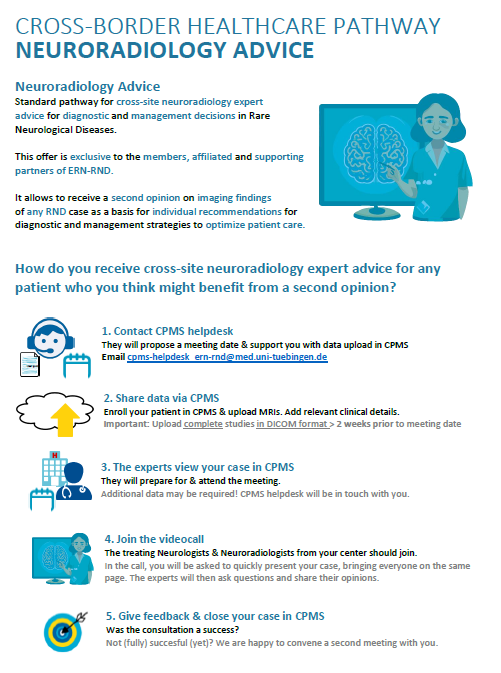
Online Multidisciplinary Board for Deep Brain Stimulation in Dystonia
ERN-RND has established a standard pathway for providing multidisciplinary expert recommendations concerning Deep Brain Stimulation (DBS) in Dystonia.
Potential questions which the multidisciplinary board may address include (but are not limited to):
- Indication: DBS candidate yes/no?
- Target: Which Target; GPi, STN, VoA?
- Programming: Treatment advices of implanted patients
To make use of this opportunity, relevant medical data must be provided via the telemedicine platform CPMS 2.0 beforehand. Advice will be provided by at minimum one dystonia expert specialized in DBS and a stereotactic surgeon specialized in DBS, plus further specialists invited case-by-case in a virtual meeting with the referring clinician.
You are working for an ERN-RND member or affiliated partner and would like to receive DBS advice for one of your dystonia patients? Please contact the CPMS Helpdesk.
Find more information in our flyer: (coming soon)
CPMS Helpdesk
CPMS 2.0 training environment
If you would like to see how the system works and get familiarized with its individual features you can use the CPMS 2.0 – training environment. There you can enrol a test-patient and go through all steps of a case discussion.
To obtain the credentials of the CPMS 2.0 training, please contact ERN-RND’s CPMS Helpdesk.
Helpdesk and training
If you wish to receive a CPMS 2.0 training session (online via zoom video-conference) and for any other kind of support, please contact ERN-RND’s CPMS Helpdesk:
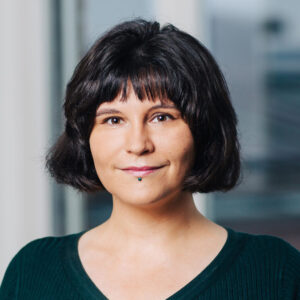
Tamara Martin
University Hospital Tübingen
Email: cpms-helpdesk_ern-rnd[at]med.uni-tuebingen.de

Alisa Jemelka
University Hospital Schleswig-Holstein
Email: Alisa.Jemelka[at]uksh.de
Videos
CPMS 2.0 general overview and introduction
In practice: how an ERN helped treat a boy with rare epilepsy
by clicking the link you accept YouTube’s privacy policy.


